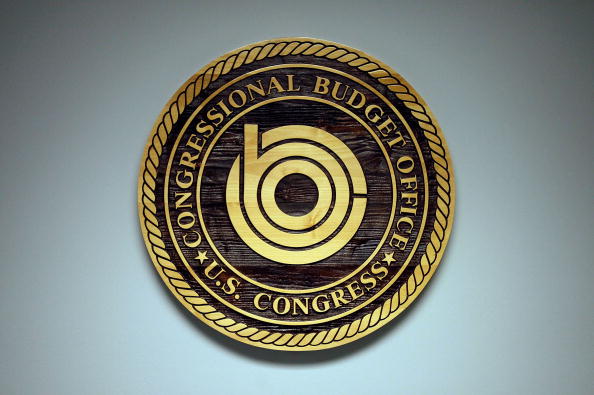The CBO Estimates Again: A New Senate Bill to Repeal Obamacare Would Leave 32 Million More People Uninsured by 2026

An Amendment in the Nature of a Substitute [LYN17479] as Posted on the Website of the Senate Committee on the Budget on July 19, 2017
CBO and the staff of the Joint Committee on Taxation (JCT) have completed an estimate of the direct spending and revenue effects of the Obamacare Repeal Reconciliation Act of 2017, an amendment in the nature of a substitute to H.R. 1628, which would repeal many provisions of the Affordable Care Act (ACA). According to the agencies' analysis, enacting the legislation would decrease deficits by $473 billion over the 2017-2026 period (see figure below).
CBO and JCT estimate that enacting the legislation would affect insurance coverage and premiums primarily in these ways:
- The number of people who are uninsured would increase by 17 million in 2018, compared with the number under current law. That number would increase to 27 million in 2020, after the elimination of the ACA’s expansion of eligibility for Medicaid and the elimination of subsidies for insurance purchased through the marketplaces established by the ACA, and then to 32 million in 2026.
- Average premiums in the nongroup market (for individual policies purchased through the marketplaces or directly from insurers) would increase by roughly 25 percent — relative to projections under current law — in 2018. The increase would reach about 50 percent in 2020, and premiums would about double by 2026.
In CBO and JCT’s estimation, under this legislation, about half of the nation’s population would live in areas having no insurer participating in the nongroup market in 2020 because of downward pressure on enrollment and upward pressure on premiums. That share would continue to increase, extending to about three-quarters of the population by 2026.

The ways in which individuals, employers, states, insurers, doctors, hospitals, and other affected parties would respond to the changes made by this legislation are all difficult to predict, so the estimates reported here are uncertain. But CBO and JCT have endeavored to develop budgetary estimates that are in the middle of the distribution of potential outcomes.
Pay-as-you-go procedures apply because enacting this legislation would affect direct spending and revenues. CBO and JCT estimate that enacting the legislation would not increase net direct spending or on-budget deficits in any of the four consecutive 10-year periods beginning in 2027. CBO has not completed an estimate of the potential impact of the legislation on discretionary spending, which would be subject to future appropriation action.
CBO and JCT have reviewed the legislation and determined that it would impose no intergovernmental mandates as defined in the Unfunded Mandates Reform Act (UMRA). CBO and JCT have determined that the legislation would impose private-sector mandates as defined in UMRA. On the basis of information from JCT, CBO estimates that the aggregate cost of the mandates would exceed the annual threshold established in UMRA for private-sector mandates ($156 million in 2017, adjusted annually for inflation).






